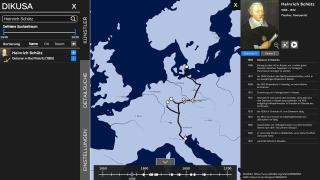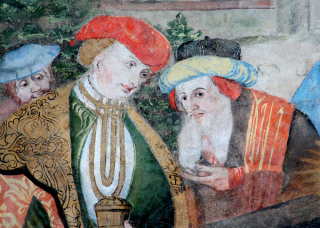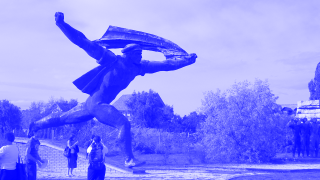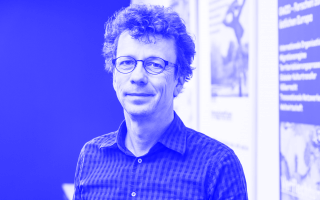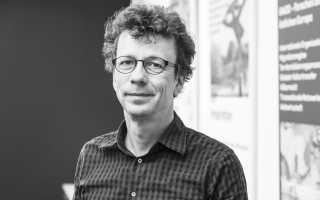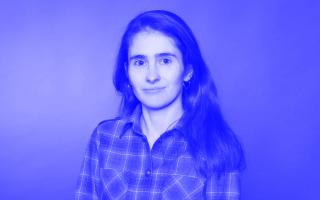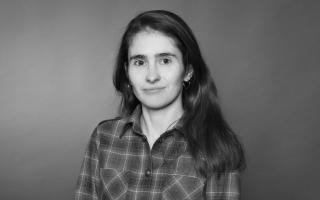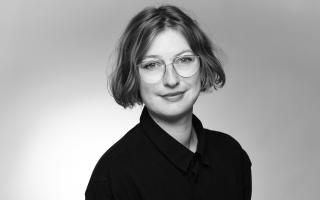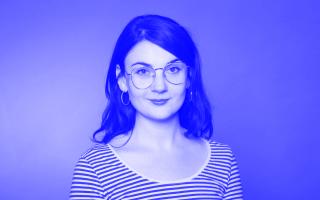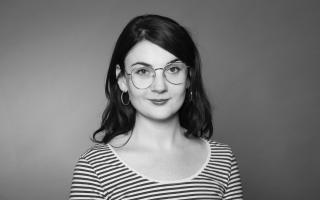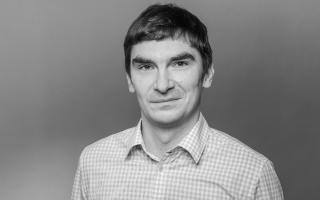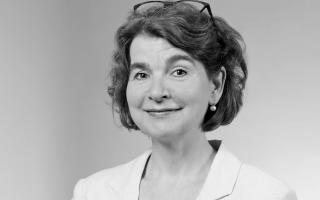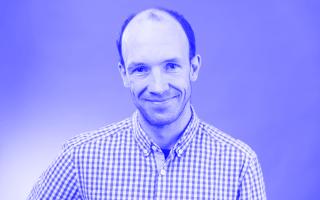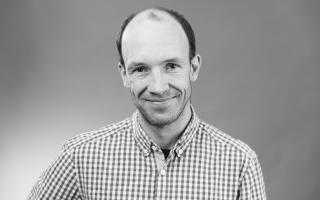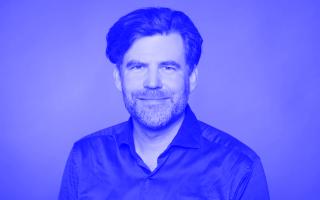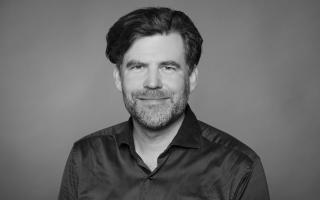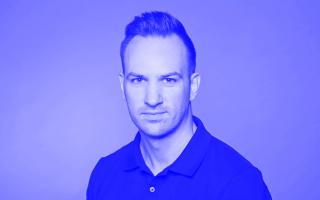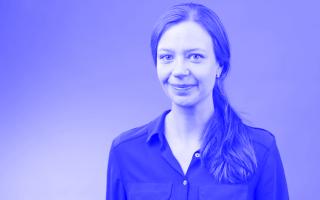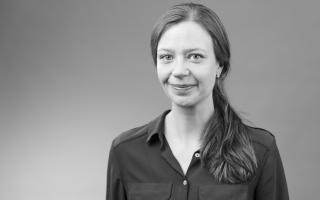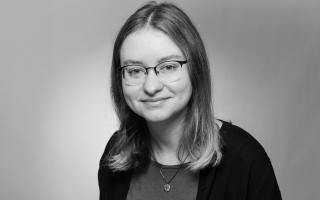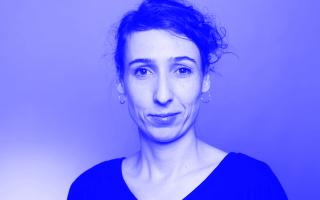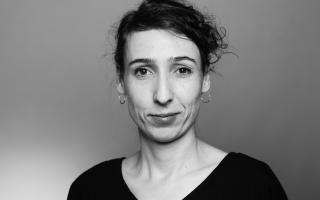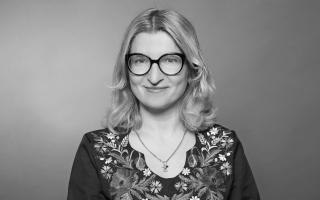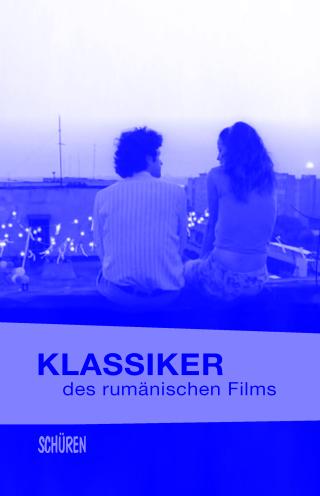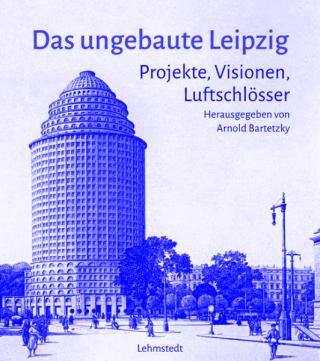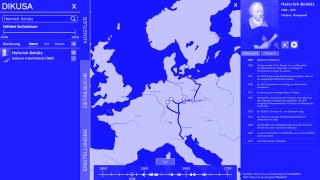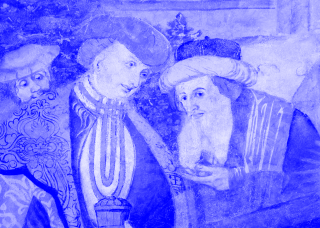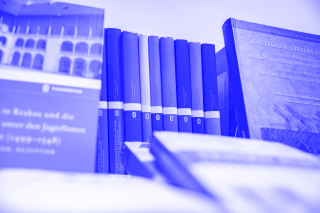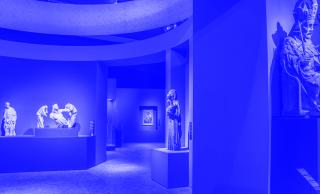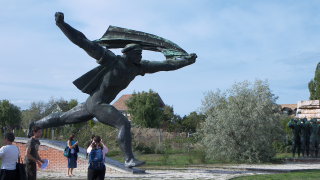
Team
The Department Culture and Imagination
In this department, researchers from the disciplines of art and architectural history, cultural and literary studies as well as history and public history jointly investigate cultural processes in Eastern Europe.
The department is headed by Prof. Dr. Arnold Bartetzky.
Department
Culture and Imagination
This department is devoted to analysing cultural patterns and processes of societal change as articulated in art, literature and architecture, including various fields of popular culture and knowledge production. It is concerned with images and the imagination in a broad sense as well as with the significance of culture for the formation of societies. This endeavour centres around visual material and narrative sources but also comprises performative practices. With this profile, the department offers a framework for interdisciplinary studies across a broad spectrum of cultural and historical subjects.
Its current research has three main strands: »Heritage and Canon«, »Knowledge and Truth« and »Visions for the Future«, all building on current societal debates. They are closely interwoven with the GWZO’s main themes and connected to the Leibniz Research Alliance »Values of the Past« in which several of the department’s employees are involved.
From the Department’s Work
Adaptation and Radicalisation. Dynamics of Popular Culture(s) in Eastern Europe before the War
– GWZO Participation in the Leibniz Cooperative Excellence Programme
This joint project, led by the ZfL, investigates popular cultures in Belarus, Poland, Russia, Ukraine and Hungary in an interdisciplinary, comparative perspective since the 1980s. At the GWZO, Indira Hajnács is investigating Hungarian folklore heritage. Popular cultural phenomena are explored in the project from historical, literary, cultural and media studies perspectives, using objects from literature, film and visual arts, television series, folk and pop music, videos, memes, murals and graffiti, political journalism and social media. The project promises new insights into popular cultural dynamics from the dawn of democratisation in the 1980s / 1990s to today's strengthening of nationalist ideologies and authoritarian structures.
Classics of Romanian film
A new book on Romanian film, in this format the first publication on the subject in German and from the GWZO. It contains 25 film essays written by film experts and enthusiasts not only from Romania. It was edited by Dana Duma (București), Stephan Krause (Leipzig) and Anke Pfeifer (Berlin) and spans more than a century of Romanian cinematography, whetting the appetite for cinema românesc.
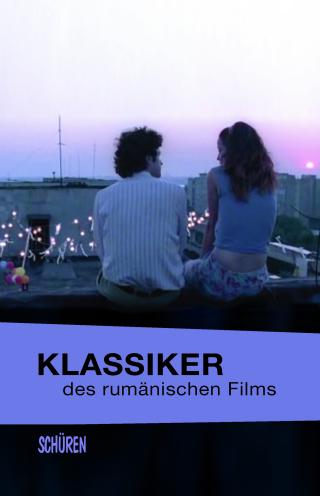
New publication: The unbuilt Leipzig. Projects, visions, castles in the air
Edited by Arnold Bartetzky with the collaboration of Greta Paulsen, the volume »Das ungebaute Leipzig« was published by Lehmstedt Verlag at the end of 2023. The richly illustrated book explores the architectural and urban development promises of the past that have not been fulfilled, yet many of them still have an impact today. Even if, in retrospect, they often seem unrealistic, sometimes bizarre, amusing or frightening, they reflect architectural and urban development models, urgent questions, acute problems, wishes and hopes of the respective present. The volume, which emerged from a course, received a great deal of media coverage, including press and television reports as well as a radio series on MDR Kultur.
Find more information here.
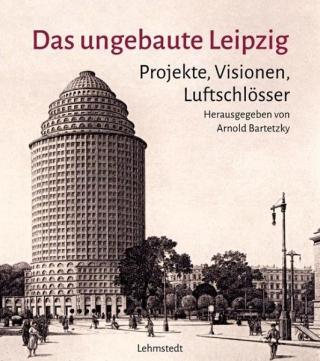
Artists, artworks and places of action: digitization and visualization of networks
The DIKUSA sub-project based at the GWZO investigates the migration and mobility of artists in, to and from Saxony in the 17th century. It asks questions about connections and networks between the artists themselves, between artists and those who commissioned them, as well as the works of art and the reasons for their creation. A further aim is the georeferenced visualization of artists' routes. Diana Lucia Feitsch and Susanne Jaeger report on their current research in a post on the Saxorum blog for interdisciplinary regional studies in Saxony, which was placed on the homepage of the Hypotheses blog portal in February 2024.
Click here for the blog post.
